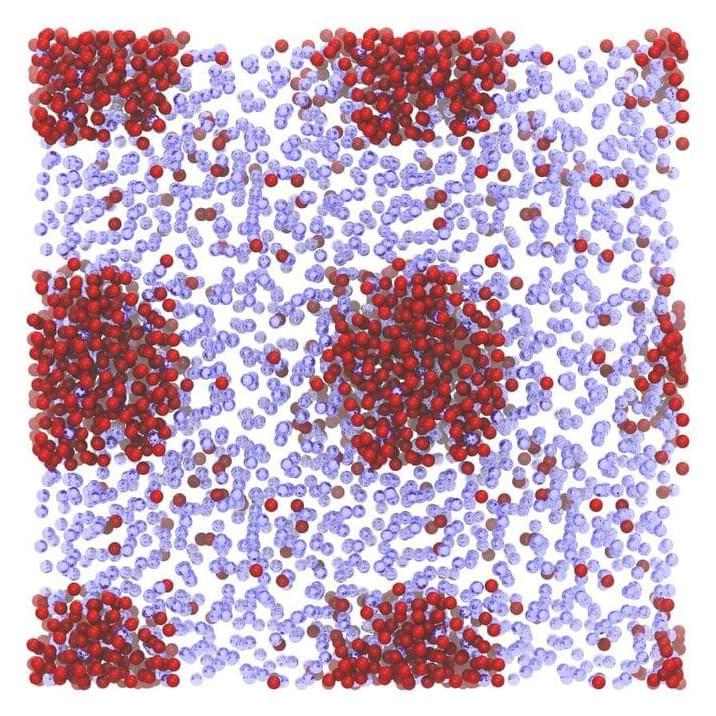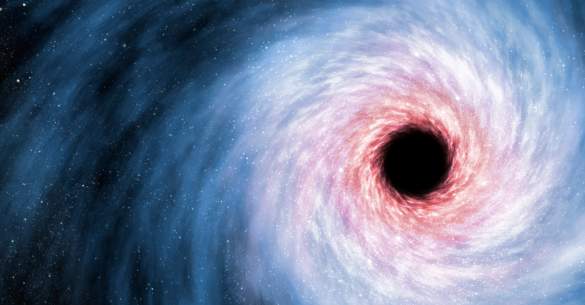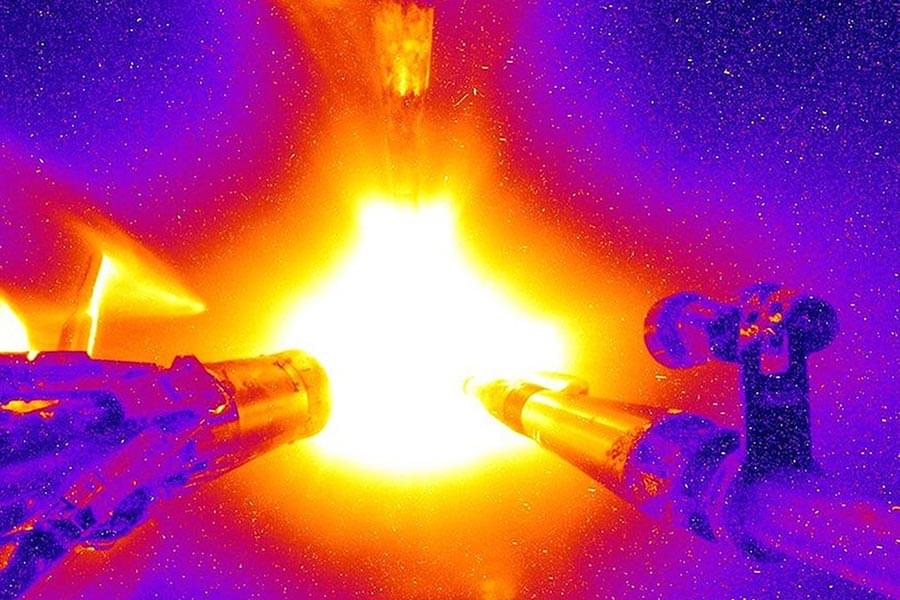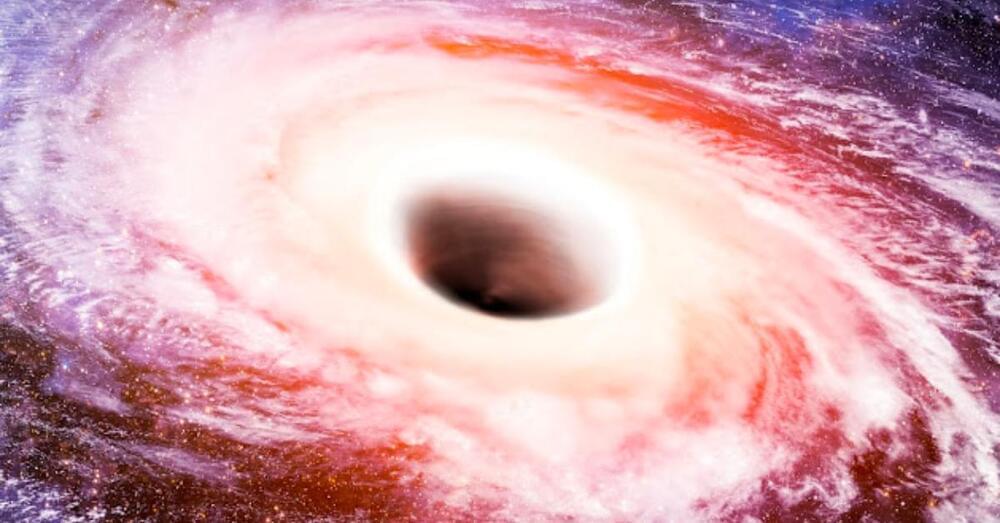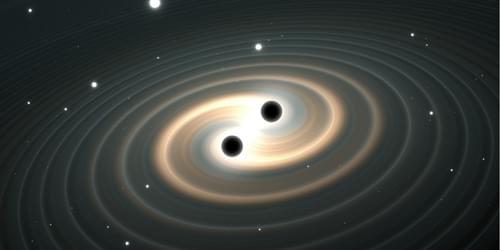Nanobubbles are extremely small (i.e., nanoscopic) gaseous cavities that some physicists observed in aqueous solutions, typically after specific substances were dissolved in them. While some studies reported the observation of these incredibly tiny bubbles, some scientists have argued that they are merely solid or oily residues formed during experiments.
Researchers at Centro de Investigación y de Estudios Avanzados Unidad Monterrey and Centro de Investigación en Matemáticas Unidad Monterrey in Mexico have recently carried out an experiment aimed at further investigating the nature of these elusive and mysterious objects, specifically when xenon and krypton were dissolved in water. Their study, featured in Physical Review Letters, identified the formation of what the team refers to as “nanoblobs,” yet found no evidence of nanobubbles.
“Our aim was to create xenon and krypton nanobubbles using a clean method,” Carlos Ruiz Suarez, one of the researchers who carried out the study, told Phys.org. “I must say that many scientists claim that nanobubbles, despite their use in many applications, do not exist. Rather, it is thought that they are oil/solid contaminants formed during the experiments.”
